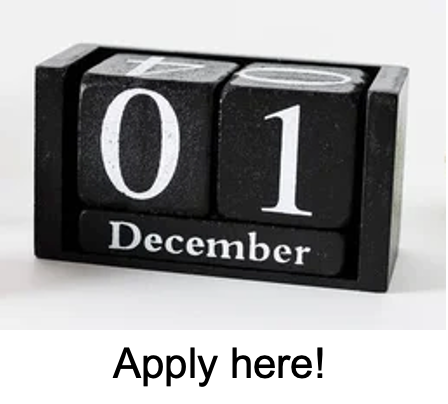 Our Ph.D. students conduct cognitive research under the mentorship of a cognitive faculty member.
Our Ph.D. students conduct cognitive research under the mentorship of a cognitive faculty member.
Below, you will find how a typical student might proceed through the program. Students should consult the program requirements for all expectations and activities.
Throughout:
- Attend all departmental colloquia and cognitive dissertation defenses.
- Attend all Cognitive Talk Series sessions and present once per year.
- Present relevant findings at national/international research meetings.
- Submit relevant findings for publication.
- Contribute to program, department and/or school citizenship.
Year 1:
- Engage in first-year research project.
- Complete core statistical sequence (2 courses).
- Take Foundations of Cognitive Psychology (PSY 2410).
- Work toward completing three cognitive and three open electives (at least two non-cognitive, one with strong methods / advanced statistics component).
Year 2:
- Form Master's thesis committee.
- Complete and defend Master's thesis proposal.
- Complete and defend Master's thesis.
- Receive permission from Master's thesis committee to continue.
- Work toward completing three cognitive and three open electives.
At some point from second year on:
- Teach at least one class and document teaching proficiency.
- Take university-sponsored course on faculty development or teaching in psychology.
Year 3:
- Continue ongoing research.
- Form Specialty Paper committee.
- Complete and defend Specialty paper proposal.
- Complete and defend Specialty paper.
- Receive permission from Specialty Paper committee to continue.
- Finish completing three cognitive and three open electives.
Year 4:
- Form dissertation committee.
- Complete and defend dissertation proposal.
- Continue dissertation work.
- Take or audit one course to stay current with literature or deepen knowledge of statistical/methodological tools.
Year 5:
- Complete and defend dissertation.
- Complete any requested dissertation revisions (if necessary).
- Take or audit one course to stay current with literature or deepen knowledge of statistical/methodological tools.
Please note that the specific sequencing of cognitive and open electives will vary based on course availability and individual student plans. Similarly, the year for each milestones might vary (see departmental guidelines for expected timelines).
Support for students
The Advisor is the primary point of contact for students, but we have a number of formalized roles where other faculty are available to talk about anything a student wishes:
Advisor – A student’s advisor is often the first point-of-contact for concerns. If a student feels uncomfortable talking about an issue with their advisor, or would just like additional perspectives, all the people below have agreed to discuss any issues with graduate students.
Mentoring Committee Chair – As a member of your mentoring committee, this person can work with you on matters that you might not wish to raise with your advisor. This might include career matters, difficulties that may have occurred with advisor/advisee interactions, or anything else. If you request it, this conversation can be confidential. Please note that faculty are mandated reporters for certain issues.
Mentoring Committee Member – The third member of your mentoring committee is also available to offer advice and to meet. If you request it, this conversation can be confidential. Please note that faculty are mandated reporters for certain issues.
Program Chair (at time of writing: Marc Coutanche) – The Cognitive Program Chair is here to talk about program matters, either in general terms (e.g., handbook questions) or about your particular situation. If you request it, this conversation can be confidential. Please note that faculty are mandated reporters for certain issues.
Director of Graduate Studies (at time of writing: Tessa Warren) – The DGS oversees graduate studies across programs and is often involved in individual student matters. As such, they are here for any department-level concerns or if you would prefer to speak to them, rather than the people above. If you request it, this conversation can be confidential. Please note that faculty are mandated reporters for certain issues.
Chair of Psychology Department (at time of writing: Elizabeth Votruba-Drzal) – As a member of the Psychology Department, you are welcome to book a meeting with the department Chair to talk through any issues. If you request it, this conversation can be confidential. Please note that faculty are mandated reporters for certain issues.
Psychology Department Climate Ambassadors (at the time of writing, Jamie Hanson and Sophie Choukas-Bradley) – The Psychology Department’s two Climate Ambassadors are cross-program advocates who have taken on this role because they believe in improving the department climate and helping any members of the department. If you request it, this conversation can be confidential. Please note that faculty are mandated reporters for certain issues.
Ombudsperson for graduate students in the School of Arts & Sciences (at time of writing, Philippa Carter) – The Ombudsperson has been described as the “chief troubleshooter” for graduate students. By being outside the department, this person can give advice to a student, and also is able to follow-up on concerns outside of the departmental structure. By having a wider view of multiple departments, they also have knowledge of the university system in a way that departmental members do not. If you request it, this conversation can be confidential. Please note that faculty are mandated reporters for certain issues.